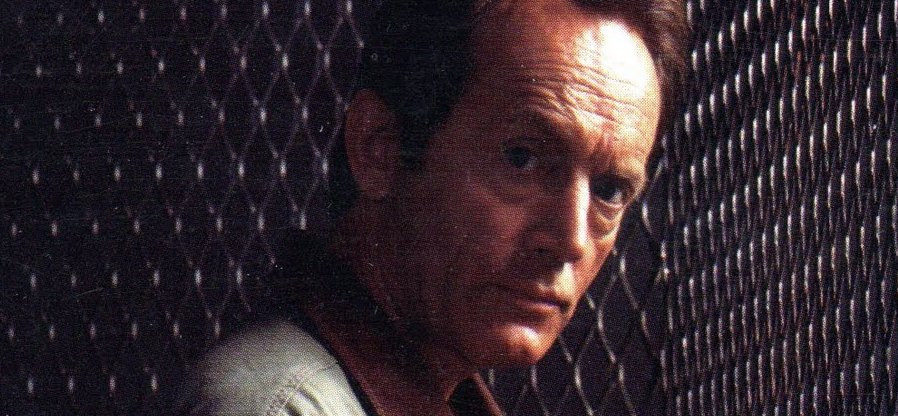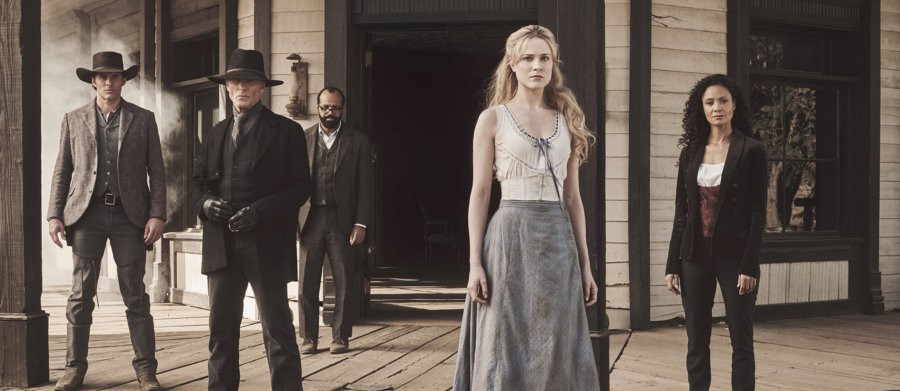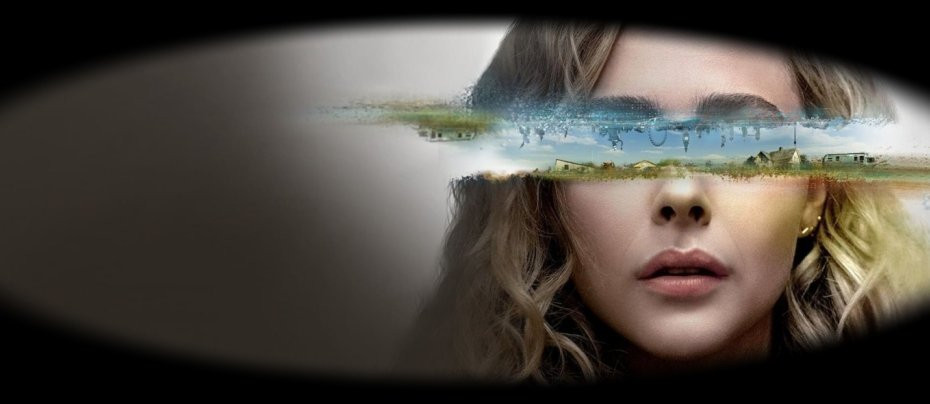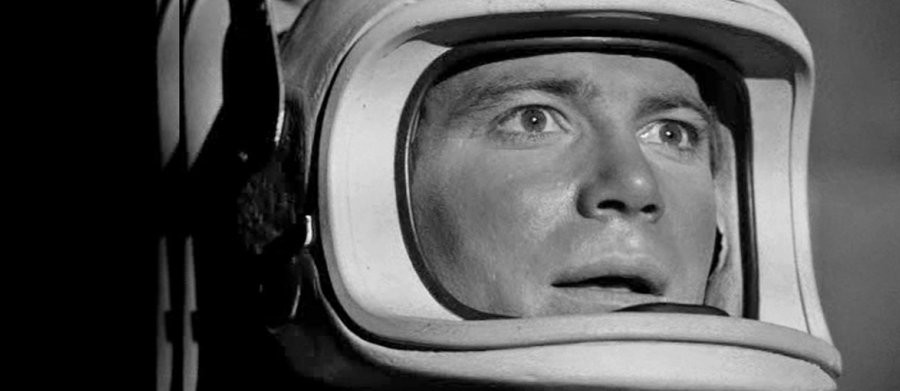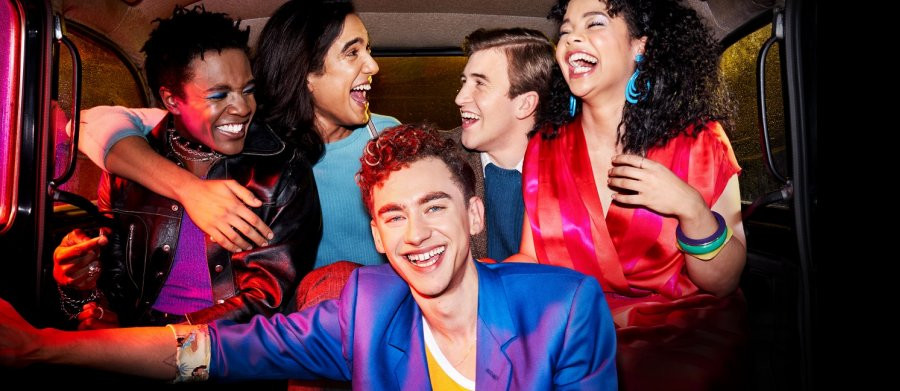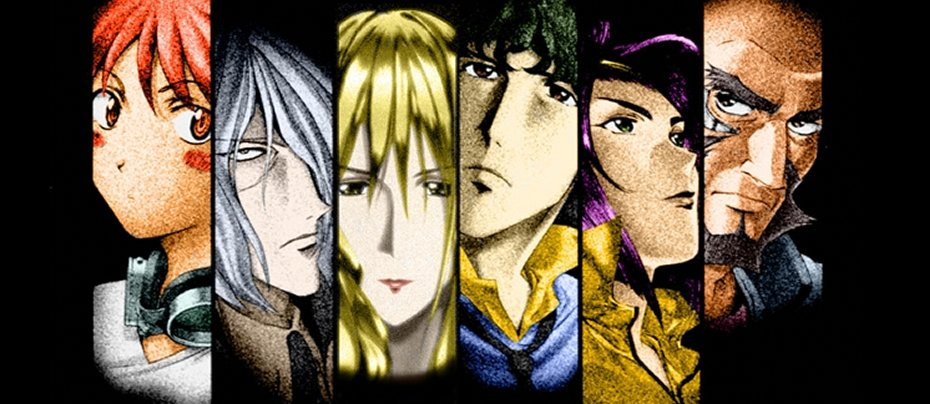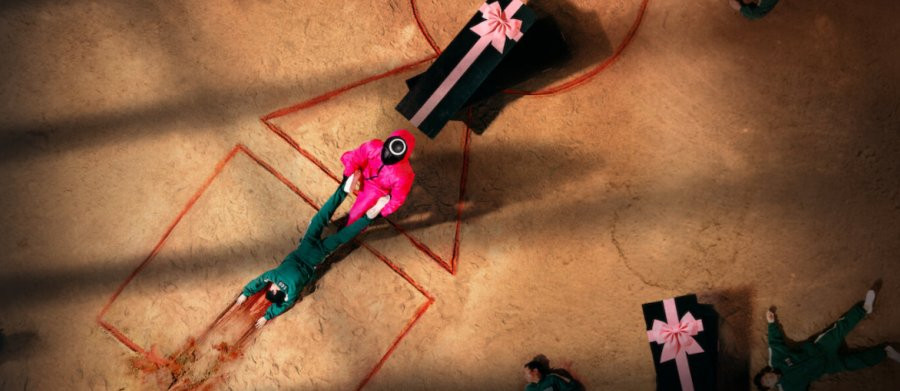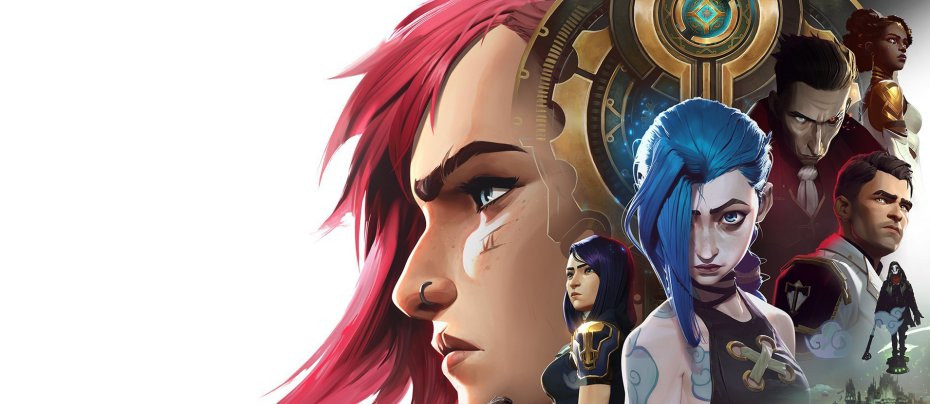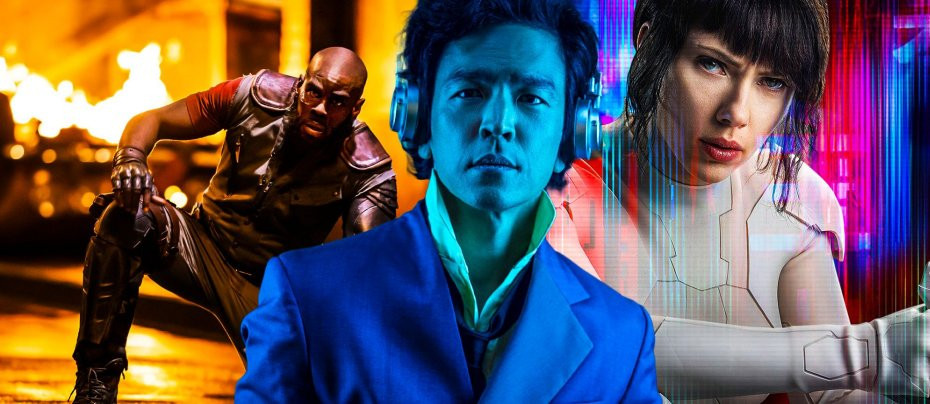
Cowboy Bebop (Live Action)
2021 - United StatesAt some point a sense of Fair Play kicked in and asked a reasonable question, "If you had come to this show with absolutely no preconceptions, would you recommend it to someone with broadly similar tastes?"
To which the answer in the end was, perhaps unexpectedly, a qualified "Yes."
Review: John Winterson Richards
A few weeks ago your reviewer just happened to be watching a "live stream" conversation between several YouTube cultural commentators (memo to self: "lock down is over - time to get a life again") when the news came through that the live action remake of the classic Japanese animation Cowboy Bebop had been cancelled only a few days after the first season had been released on Netflix. The extreme reaction of the critics was surprising: they were overjoyed. One said Christmas had come early.
What had this show done to become so hated so quickly?
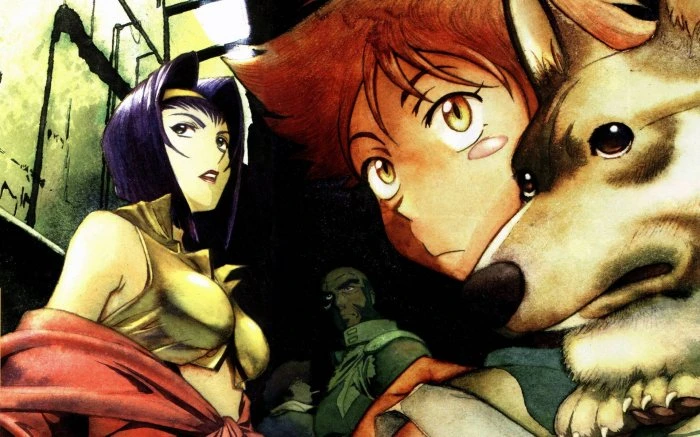
Two factors were at work. First of all, there is a general reaction, of which your reviewer is proud to be a small part, against the trend of investing in unwanted remakes, sequels, and "reboots" rather than in new ideas - which, apart from anything else, are essential as the source of any future remakes, sequels, and "reboots." Fans are particularly irritated when it is assumed that a well-loved brand name, like Cowboy Bebop, will be sufficient in itself to command their loyalty. They are often more protective of the brand than its legal owners and hate to see it abused.
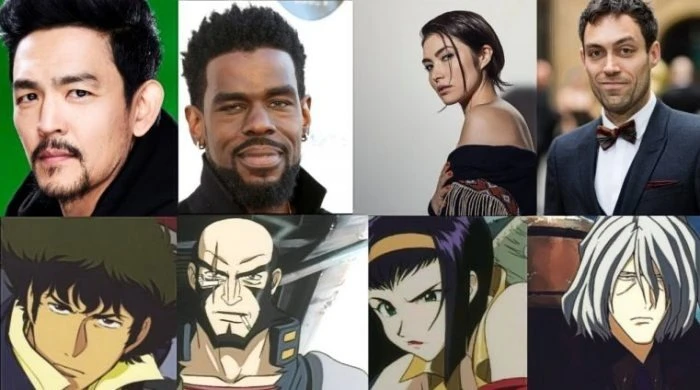
Second, the recent Cowboy Bebop suddenly found itself on the front line of the Culture Wars in the year when they got a lot hotter. Part of the charm of the Japanese 'anime' is that it is gloriously "politically incorrect" - although "PC" was already big in the 1990s, it was nothing like as endemic as it is today, and, anyway, it is probably still safe to say that the Japanese in general have never been exactly famous for being big on cultural sensitivity or feminist sensibility. There was obviously no way it was ever going to be remade like that by Americans in the aftermath of "Me Too." In this respect the remake was no better and no worse - depending on your point of view - than most recent shows. However, some ill-advised online publicity was enough in the current climate to get it labelled, perhaps unfairly, as "woke." One can no longer hunt with both hare and hounds: a project must now choose a side and stick to it, and for a project like this the target market is one for which the "woke" label is increasingly toxic.
Writing a review of the original 'anime' a little while later obliged your reviewer to take a glance at the remake - one could hardly not mention it, and one could hardly mention it without at least seeing what it was like. As expected, it was inferior to the original, but it was not that bad and, although the initial plan was not to watch the whole thing, one episode followed another very easily until, all too quickly, it was finished. At some point a sense of Fair Play kicked in and asked a reasonable question, "If you had come to this show with absolutely no preconceptions, would you recommend it to someone with broadly similar tastes?"
To which the answer in the end was, perhaps unexpectedly, a qualified "Yes."

Here is the Case for the Defence, and it is to a great extent an extended tribute to the original 'anime' because the strengths of the remake are mostly the strengths of the original - just as its weaknesses are usually the result of trying to be different. Overall, the remake deserves credit for deciding to stick pretty closely to the original. Its critics do not give it enough respect for that. They focus on the differences but the two shows have more in common than not.

The basic premise is the same in both. In a near future in which the Solar System has been colonised and largely "terraformed," Spike (John Cho), a former hit man for an organised crime syndicate, and Jet Black (Mustafa Shakir), a former police officer who owns a spaceship called the 'Bebop,' are in partnership as bounty hunters. Both are solitary beasts and they are not exactly thrilled when they find their crew getting bigger.
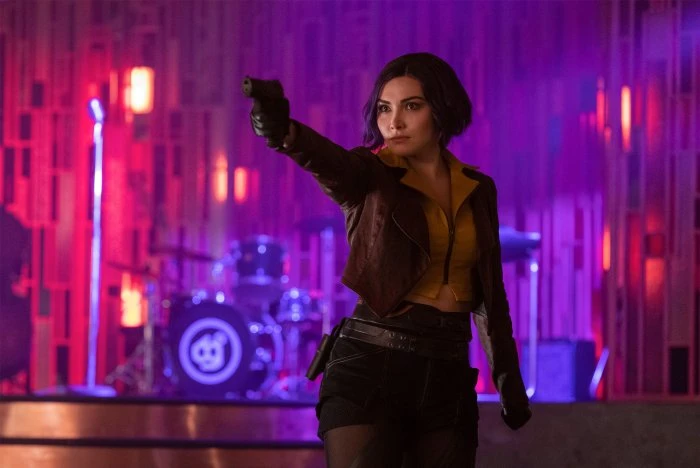
In the first - and, as it turned out, only - season of the remake, they are joined by Ein, a Pembroke Welsh corgi (played by canine actors Charlie and Harry), and Faye Valentine (Daniella Pineda), a tough young woman who spent decades in cryogenic suspension, leaving her with amnesia and an exaggerated sense of uncertainty on finding herself alone in a strange new world - in which she was immediately conned: her instinctive distrust of everyone is therefore understandable.
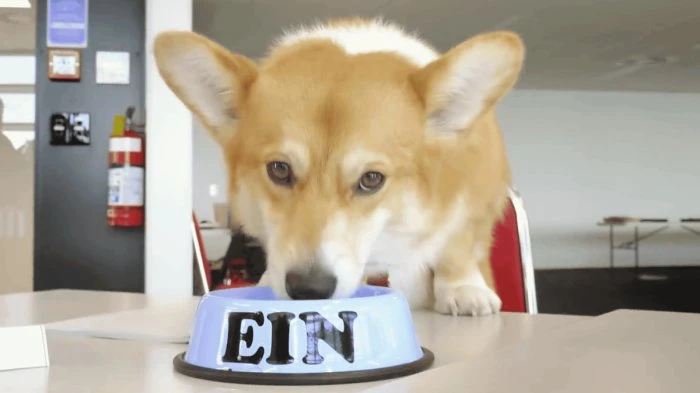
The crew are bonded by a number of freestanding adventures, most of them broadly similar to some of the more memorable episodes of the 'anime,' including encounters with eco-terrorists (led by Adrienne Barbeau), the Teddy Bear Bomber, and a homicidal clown. At the same time, the character arcs of the three principals begin to develop as Spike seeks to escape his past, Faye tries to rediscover hers, and Jet struggles to hold on to his in the person of his daughter - the last being one of the remake's innovations that rather missed the point of the original.

The performances are all engaging. Cho is a confident leading man and Shakir projects Jet's imposing physical presence very effectively. Pineda has a wonderfully mesmeric direct gaze that makes her ability to dominate social situations unusually credible, but also hints at the vulnerability beneath the self-confidence. A very professional, if not exactly star studded, guest cast includes Tamara Tunie, John Noble (repeating his famous Disappointed Dad from Lord of the Rings), Wade Williams, and New Zealand stalwart Nathaniel Lees.
The dialogue is often very witty. If not all the jokes land, name a production in which they do. As in the original, there are plenty of cultural references, but it lacks the subtlety of the Japanese version. For example, a few words from Rutger Hauer's legendary final speech in Blade Runner might raise a knowing smile, but the joke becomes laboured as the speech goes on. Similarly, those who recognise the planning scene from The Dirty Dozen do not then need to be told that it is "from an old Lee Marvin film." The Japanese writers paid their viewers the compliment of assuming they would spot references for themselves. The American writers seem to start from the assumption that the viewer is ignorant and needs the joke explained.
There is room for improvement in the pacing, consistency of tone, and overall structure of episodes, but this is a criticism that might legitimately be made of the original too. The remake had no defects in this regard that could not have been fixed quite easily.
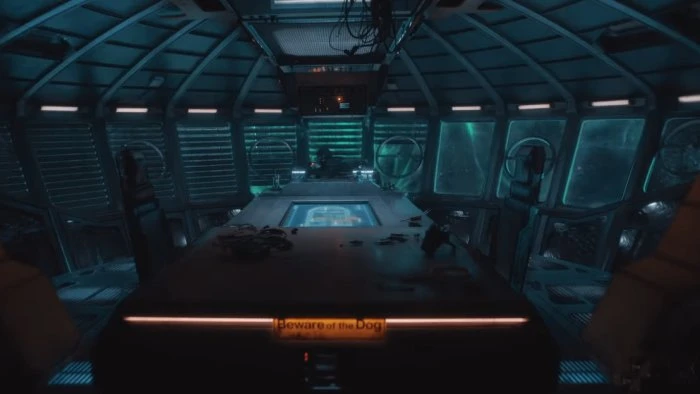
The visual effects are generally competent, if hardly spectacular. This was obviously not the most expensive of productions. It does, however, deserve credit for making even a supposedly small spaceship look as if it has real bulk to it, especially when landed, which is a rare accomplishment in Science Fiction television.
There is no getting around the fact that a live action production with a limited budget is not going to have the flexibility to do all the imaginative things that can be done with animation. One just has to accept that. Most of the filming took place in Auckland, New Zealand, which comes across as a pleasant enough place - and therefore hardly suitable for the 'Film Noir' aesthetic of the 'anime.'
This brings everything back to the elephant in the room - comparison with the original. Judged purely on its own terms, the live action Cowboy Bebop is a good effort, far from perfect but still entertaining. Given a bit more time, it might have developed into something special. However, Netflix and the producers gave up the right for the show to be judged purely for itself when, hoping to cash in, they put the 'Cowboy Bebop' name on it. They are inviting comparison and they cannot complain when it turns out to be very much not in their favour.

The list of ways in which it falls short of the original is too long to give in full. Sad to say, because he is a good actor who gives a good performance, John Cho is near the top. He is a likeable Spike - which is part of the problem: Spike always had a slightly sinister air to him in the animation. Cho is also, putting it bluntly, too old, looking more like a man in his late forties, which he is, trying desperately to look young and hip than a character who is supposedly in his late twenties.
Vicious, the appropriately named villain, who had an almost Satanic presence in the 'anime,' comes across as an ineffectual buffoon in the remake. An attempt to give his wife more agency backfires badly. Having actual dogs playing Ein is one of the great assets of the live action version, and the dogs in question are charming (curiously, although he is a Pembroke Welsh corgi, Ein is actually voiced by a Cardigan Welsh corgi, a separate breed), only to have this advantage thrown away by his absence for most of the series. Radical Edward is also missed.
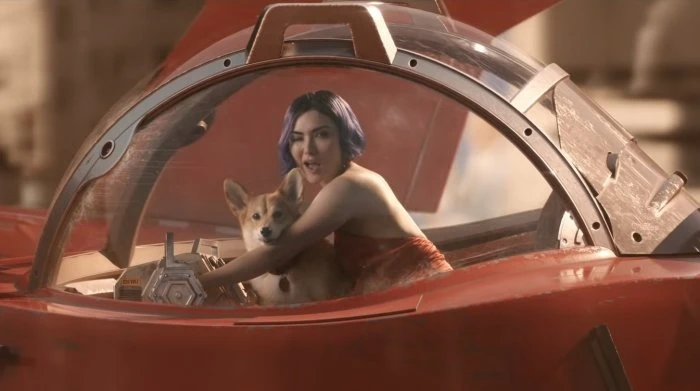
The new Faye Valentine was the object of the most intense criticism. She is simply not sexy. In fairness, Pineda was right when she complained that the 'anime' Faye Valentine - basically a hypersexualised Japanese teenager with outsized breasts and eyes - has never existed, and could never exist, outside a cartoon (the same is true of the 'anime' Spike), and the animation's trademark skimpy costume would have been impractical in a prolonged live action shoot. The brutal commercial reality remains that young males are the key target market in this genre and they felt cheated of their fantasy sex object. That they thought, rightly or wrongly, this had been done out of "wokery" only made the reaction worse. The fact that old people like your reviewer found Pineda's interpretation more interesting as a character matters not at all.
Remakes are rarely great shows, but this might at least have been superior to most remakes. The cast, characters, and concept have great potential, and, in principle, a live action remake of Cowboy Bebop is not necessarily a bad idea, given a stronger hand on the story and a better understanding of its market. Indeed, it has basically been done before. It was called Firefly.
Seen this show? How do you rate it?
Seen this show? How do you rate it?
Published on February 11th, 2022. Written by John Winterson Richards for Television Heaven.


